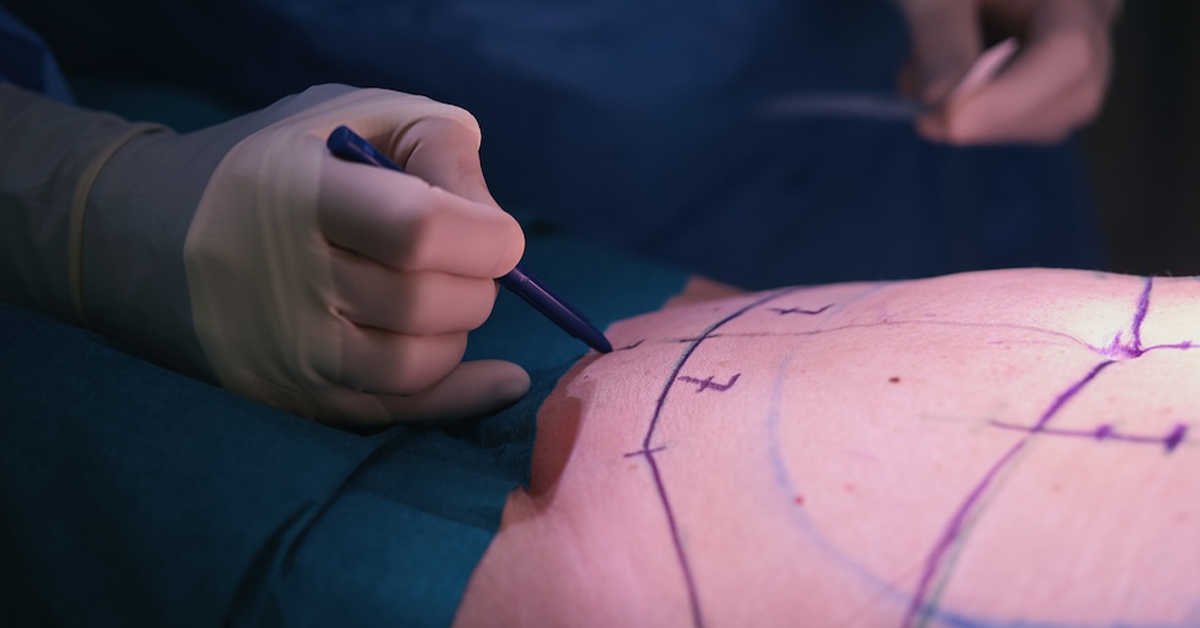Is Plastic Surgery Painful?
Plastic surgery, also known as Cosmetic surgery, involves various surgical procedures aimed at enhancing or altering a person’s appearance. The prospect of undergoing surgery can be daunting, and one of the primary concerns that individuals have is the level of pain associated with these procedures. It is crucial to understand that pain perception varies from person to person, and the experience can differ based on multiple factors.
Understanding Plastic Surgery
Plastic surgery encompasses a wide range of procedures, including Breast augmentation, BBL, Liposuction and Tummy tucks, among others. Each procedure has its own unique characteristics, and the level of invasiveness and discomfort can vary significantly.
The Role of Anesthesia
Anesthesia plays a crucial role in plastic surgery procedures. Depending on the complexity and duration of the surgery, different types of anesthesia may be used. General anesthesia allows patients to remain unconscious and unaware during the procedure, ensuring they do not experience any pain. Local anesthesia, on the other hand, numbs a specific area of the body, providing pain relief while allowing the patient to remain awake.
Preparing for Surgery
Prior to the surgery, patients undergo a comprehensive evaluation by the surgeon and medical team. This evaluation includes a discussion about the procedure, potential risks, and the expected level of pain or discomfort. It is essential for patients to have a clear understanding of the surgery and realistic expectations regarding pain management.
During the Surgery
Once the surgery begins, the patient’s comfort and safety are of utmost importance. The surgical team takes all necessary measures to minimize pain and discomfort during the procedure. The use of advanced surgical techniques and equipment, coupled with the expertise of the surgeon, helps ensure a smooth surgical experience.
Post-Surgery Recovery
The recovery period after Plastic surgery is crucial for the patient’s overall well-being and comfort. The level of pain experienced during this phase can vary depending on the procedure performed. It is common to experience some discomfort, swelling, and bruising in the days following the surgery. The surgeon will provide detailed post-operative instructions to manage pain effectively and promote healing.
Pain Management Techniques
Plastic surgeons employ various pain management techniques to alleviate discomfort during the recovery period. These may include prescribing pain medication, recommending the use of cold compresses, advising specific resting positions, and suggesting gentle exercises to aid healing and reduce pain.
Factors Influencing Pain Perception
Several factors can influence an individual’s pain perception during and after Plastic surgery. These factors include the individual’s pain threshold, the complexity of the procedure, the patient’s overall health, and their emotional well-being. Proper communication between the patient and the surgeon is crucial to understand and address any concerns regarding pain management.
Common Plastic Surgery Procedures and Pain Levels
Different Plastic surgery procedures come with varying levels of discomfort. While some procedures may involve minimal pain, others can be more intense. For instance, less invasive procedures like Botox injections or dermal fillers generally cause minimal discomfort, often described as a slight pinch or stinging sensation. On the other hand, procedures such as Breast augmentation or Abdominoplasty (Tummy tuck) may involve more significant discomfort during the recovery period.
Risks and Complications
While Plastic surgery is generally safe, like any surgical procedure, it carries potential risks and complications. These risks can include infection, bleeding, adverse reactions to anesthesia, scarring, and poor wound healing. It is essential to discuss these risks with the surgeon before undergoing any procedure to make an informed decision.
Safety Measures
To ensure a safe and comfortable Plastic surgery experience, it is crucial to choose a qualified and experienced plastic surgeon. Researching the credentials and reputation of the surgeon, as well as the surgical facility, is highly recommended. Adhering to the pre-operative and post-operative instructions provided by the surgeon is also essential for minimizing pain and promoting optimal healing.
Mental and Emotional Preparedness
Preparing for Plastic surgery involves not only physical but also mental and emotional readiness. Understanding the reasons behind the decision to undergo surgery and having realistic expectations can contribute to a more positive experience. Discussing any concerns or anxieties with the surgeon or a mental health professional can provide valuable support during the process.
Realistic Expectations
Having realistic expectations is crucial when it comes to Plastic surgery and pain management. While these procedures can improve appearance and self-confidence, they may not completely eliminate all physical or emotional discomfort. Open communication with the surgeon about pain management options and expected outcomes can help set realistic expectations and ensure a satisfying surgical experience.
Alternatives to Plastic Surgery
For those who are hesitant about undergoing surgery or concerned about the associated pain, exploring non-surgical alternatives may be a viable option. Non-invasive procedures such as Laser treatments, Chemical peels, or Dermal fillers can offer noticeable improvements with minimal discomfort and downtime. It is important to consult with a qualified professional to determine which alternative procedures best suit individual needs and goals.
Conclusion
In conclusion, the level of pain experienced during Plastic surgery varies depending on several factors, including the procedure performed, individual pain tolerance, and the surgeon’s skill. While some discomfort can be expected during the recovery period, pain management techniques, anesthesia, and proper communication with the surgical team can significantly alleviate discomfort. It is crucial to have realistic expectations, consider the risks and complications, and prioritize safety when considering plastic surgery.
Plastic Surgery in Miami, FL
The first step in getting a Plastic Surgery in Miami is to schedule a consultation with us. If you are interested in learning more, call us now at (305) 406-9055 or schedule a consultation online Now.







